SSD vs HDD The Best Way to Choose the Right Storage in 2025
SSD vs HDD
How to Choose Between Solid-State Drives (SSD) and Hard Disk Drives (HDD) in 2025
In today’s digital world, it’s quite important to have storage that is not just fast but also reliable and big. If you edit movies, play video games, or work on a laptop, or if you just own one, the competition between solid-state drives (SSDs) and hard disk drives (HDDs) is very important to you.
What do you believe will be the most important thing for you in 2025? Let’s get started and see what we can find out.
What does it mean to own a hard disk drive?
Hard disk drives (HDDs) have been the best way to store data for a very long time. These drives employ a magnetic head and spinning discs, also called platters, to read and write data.
How a hard drive (HDD) works: SSD vs HDD
-
Data is written on disks that spin.
-
An arm is moving to read and write this data as the platters spin at 5,400 to 7,200 RPM.
-
Like a record, it loads data faster the faster it spins.
HDD is great for the following reasons: SSD vs HDD
-
It costs less per gigabyte, which is good for storing a lot of data.
-
High capacity: hard disk drives (HDDs) may hold up to 20 terabytes or more, which makes them great for making backups and storing archives.
-
This is a decent choice for files that you don’t need to open often.
There are some problems with hard disk drives (HDDs), such as the following:
-
It takes a lot longer to start up and move files.
-
It is delicate because some of its parts can move and break.
-
When it comes to ultrabooks and other portable devices, smaller and lighter drives are better than bigger and heavier ones.
-
Moving parts make noise and vibrations while they are in use.
SSD stands for “solid-state drive.” SSD vs HDD
A solid-state drive (SSD) is a new kind of storage that is speedier and more reliable. Instead of spinning discs, they use flash memory chips, which are better than USB drives.
How a solid-state drive (SSD) works
-
NAND flash memory cells hold data.
-
In short, there are no moving parts because everything is done using electronics.
-
In a very short length of time, you will be able to get to files and information.
The pros of solid-state drives are: SSD vs HDD
-
Very rapidly: Your computer starts up in just a few seconds, and it quickly loads games and apps.
-
It can handle shocks and drops because it doesn’t have any moving parts.
-
The ambiance is calm and there is no noise.
-
Laptops and other portable gadgets are great to use because they are light.
-
It uses less electricity and makes the battery last longer, both of which are good for the environment.
There are a few concerns with the solid-state disks (SSDs):
-
SSD storage costs more per GB than hard disk drive storage.
-
Because of the limited write cycles, you can only write to each memory cell a set number of times. However, emerging technologies are making this problem easier to deal with.
-
Most consumer solid-state drives (SSDs) can store between 4 and 8 terabytes of data, which is less than the storage space of business hard disk drives (HDDs).
SSD or HDD Feature-by-Feature Comparison
Feature : SSD (Solid State Drive) / HDD (Hard Disk Drive)
Speed: Extremely Fast (up to 7,000 MB/s) / Slower (100–200
MB/s
Durability: Highly Shock Resistant / Fragile (mechanical parts)
Noise: Silent / Audible spinning
Power Usage: Low / High
Boot Time: 10–20 seconds / 30–60 seconds
Price per GB: Higher / Cheaper
Average Lifespan: 5–10 years (with smart usage) / 3–5 years
Best For: OS, games, apps, editing / Backup, mass storage, media
Who Should Pick SSD?
You require a solid-state drive (SSD).
-
You’re looking for anything that works very quickly.
-
Your personal computer often runs a lot of demanding programs, like games, Adobe Premiere, and Photoshop.
-
You need to keep your laptop’s battery life up.
-
Stay quiet and still.
Who Should Choose Hard Disk Drive (HDD)?
When you pick HDD:
-
You need a lot of cheap space to store backups, movies, photos, and videos.
-
You are setting up a place to store CCTV videos or a media server.
-
Even though you don’t have much money, you nevertheless want a lot of room in your home to store things.
The best thing to do is to have both an SSD and an HDD.
By 2025, a lot of personal computers and maybe even some laptops will have two drives:
-
For your operating system, apps, and games, use a solid-state drive (SSD) that can hold between 256 gigabytes and one terabyte of data.
-
A hard disk drive (HDD) with a capacity of one terabyte to 10 terabytes can hold your data, downloads, backups, and big media files.
You get the speed of solid-state drives (SSDs) and the space of hard disk drives (HDDs) when you use this combination. This setup gives you the finest possible balance between speed and space.
What are the trends that will be big in 2025?
As the prices of solid-state drives (SSDs) keep going down, they are becoming easier to find.
Solid-state drives (SSDs) with PCIe Gen 5 speeds can go faster than 14,000 MB/s.
Cloud storage is getting bigger, but solid-state drives (SSDs) that are maintained close to home are still the fastest.
People often utilize HDDs in servers and data centers to store old data.
The Last Thoughts
🏆 The choice made
When it comes to speed, durability, and overall performance, SSDs are the best choice.
People who need a lot of storage space but don’t want to pay a lot of money can still use hard drives.
A hybrid system combines the best features of solid-state disks (SSDs) and hard disk drives (HDDs).
You should always choose a solid-state drive (SSD) as the main disc when you buy a new laptop or desktop computer in 2025. If you need more room and are okay with waiting longer to get to it, use an HDD.
Share this content:
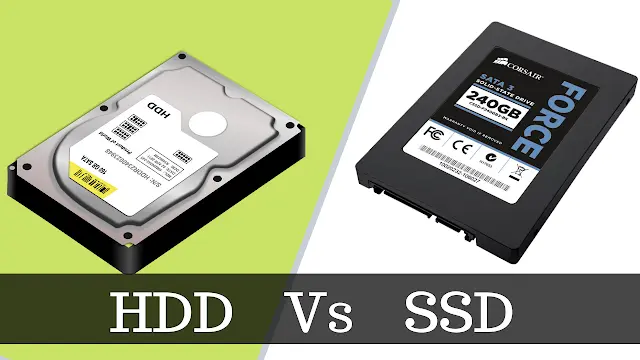
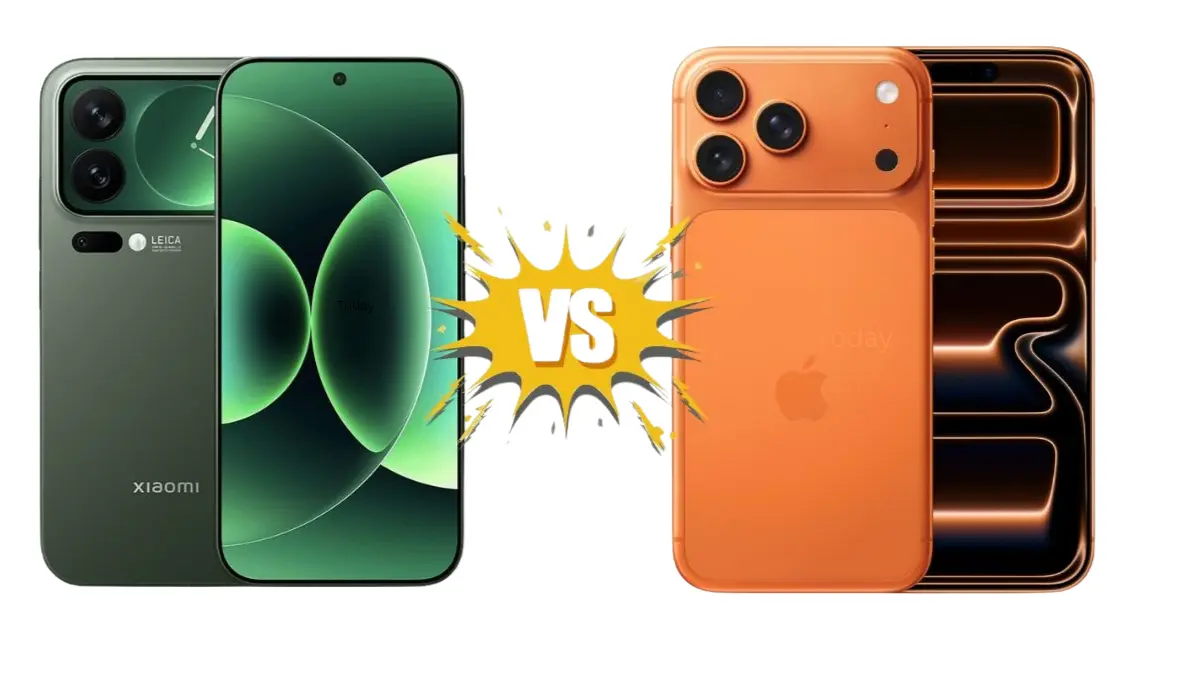

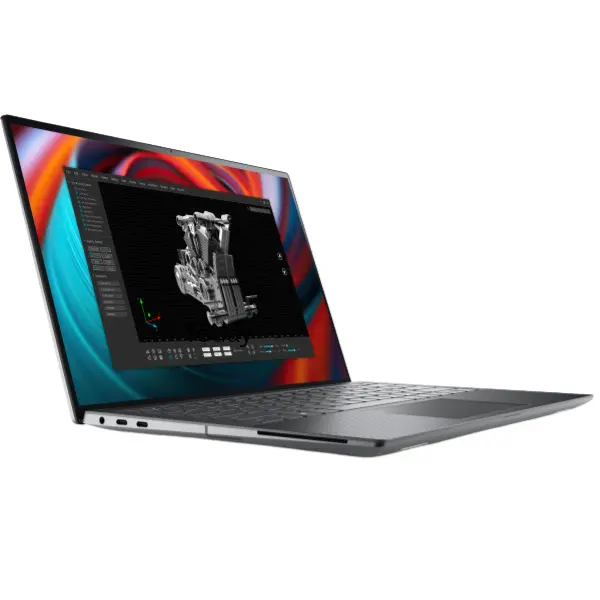
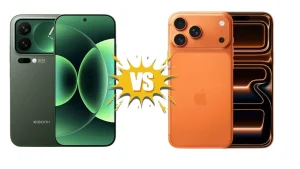
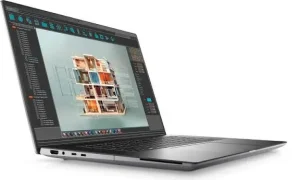
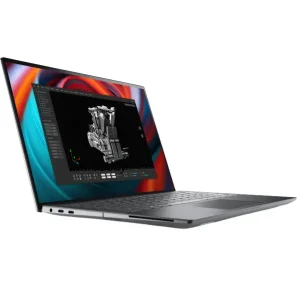
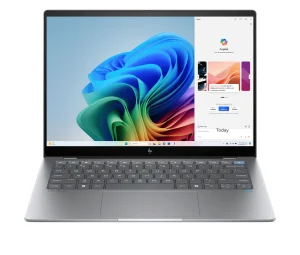
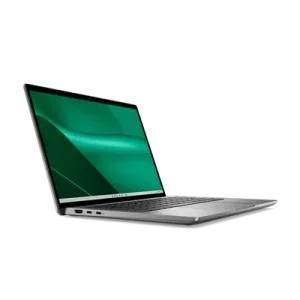

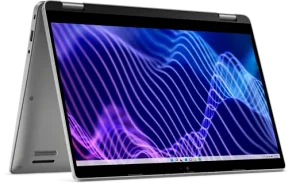
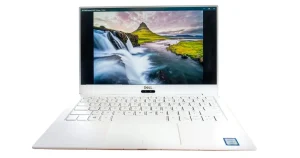
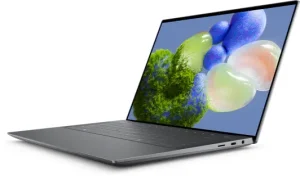
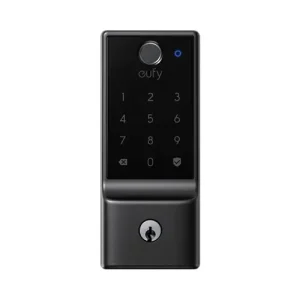
1 comment